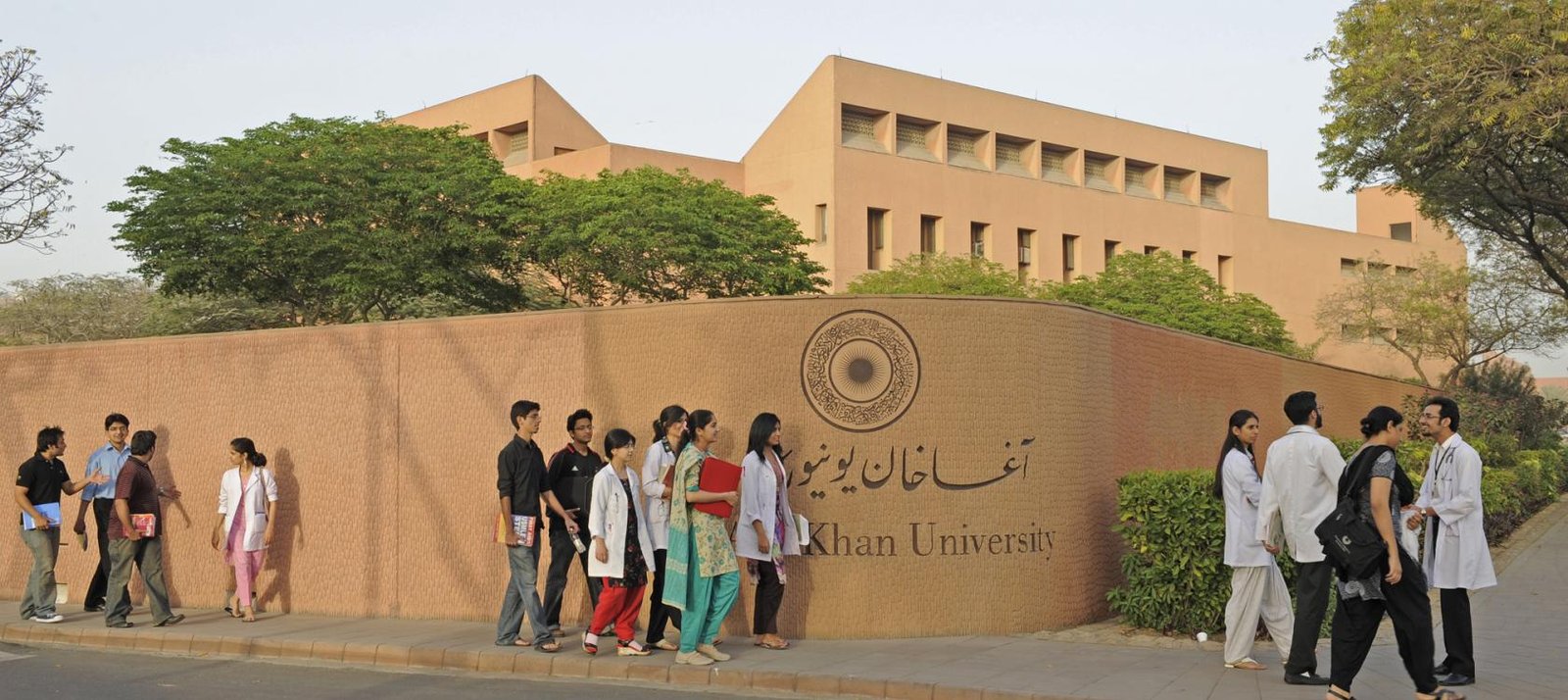Metabolic diseases are simply aberrant chemical processes in the body that, for instance, may impede a baby’s intellectual or physical development.

In order to identify inherited metabolic disorders early and begin therapy promptly, newborn newborns must be screened for them. Aga Khan University Hospital expanded its newborn screening procedure on August 14, to include inherited metabolic disorders, heralding the debut of a potent lab instrument in a clinical setting for the first time in Pakistan.
Metabolic diseases are simply aberrant chemical processes in the body that, for instance, may impede a baby’s intellectual or physical development. In other affluent nations, newborn newborns must undergo mandatory screening for these illnesses; but, until recently, this was not the case in Pakistan.
Although researchers and academics from the departments of paediatrics, genetics, and pathology at AKU recognized the necessity to additionally look into hereditary illnesses, AKUH has previously been screening newborn newborns for two non-inherited disorders. The majority of hereditary metabolic diseases are fatal if untreated.
The test for 12 inherited metabolic disorders began on August 14th, 2023, according to the teams’ leader, Associate Professor Dr. Bushra Afroze, a clinical and biochemical geneticist. This expands the opportunity for AKU researchers to evaluate the incidence of diseases and illness burden in Pakistan in addition to the testing for hearing impairment and congenital heart disease.
According to Dr. Fyezah Jehan, chair of pediatrics and child health, the clinical, research, and laboratory teams decided to start working on newborn screening back in February.
Collectively, she claimed, “we decided to act in a way that was morally, legally, and ethically right.” “We always want to give families hope rather than despair.” She expressed gratitude to Drs. Lena Jafri, Salman Kirmani, Azeema Jamil, Ghulam Zainab, and their associates for advancing this discovery.
The CEO of AKUH and renowned urologist Dr Farhat Abbas believes that the simplicity of this test and its originality would significantly benefit in early diagnosis and maybe save lives. He added some historical context by stating, “When I was a resident, you needed a syringe to draw blood for a TSH test.”
Such an endeavor, according to AKU President Dr. Sulaiman Shahabuddin, demonstrated a key strength of the university: the capacity of AKU researchers, staff, and AKUH physicians to see a need, get the necessary tools, and utilize this to have a significant influence on the general populace.
The test will be performed by nurses, who play a significant role, as a straightforward heel prick to collect a few drops of blood on a certain piece of paper.
Liquid chromatography triple quadrupole mass spectrometry (LC-MS/MS), a potent analytical method, is used to analyze the blood. This is the first instance of LC-MS/MS being used in a clinical context in Pakistan, and it determines the chemical characteristics of metabolite molecules in the blood.
It is advised that parents first see their doctor to determine the rationale behind selecting this newborn screening and have it completed in the hospital where the baby is delivered. The process takes five days to complete.